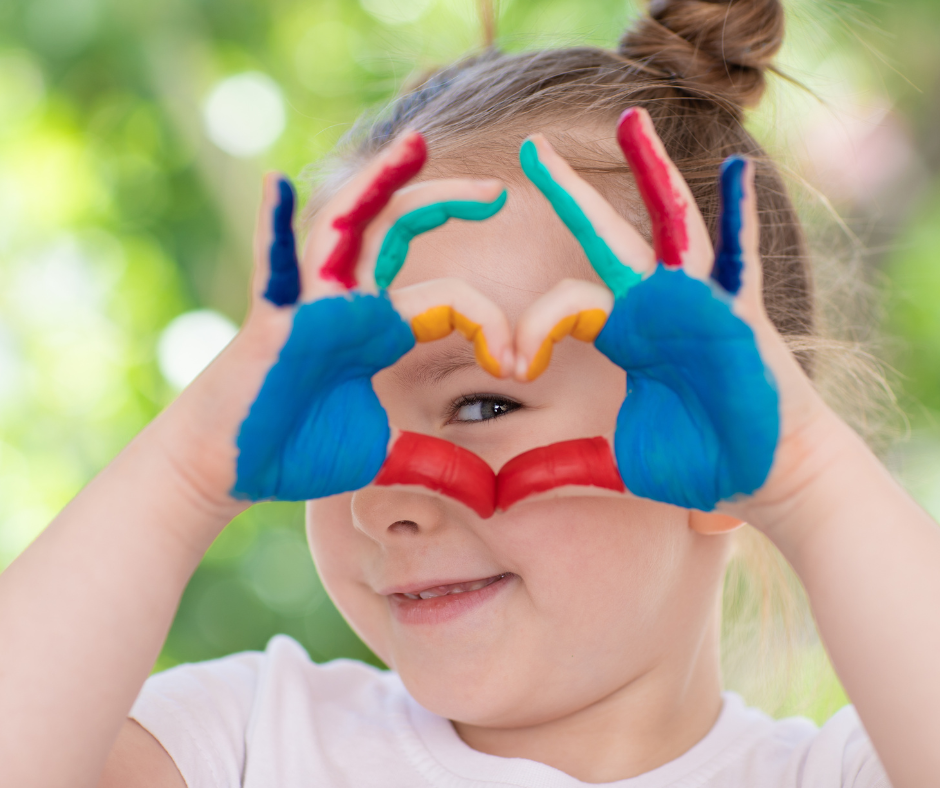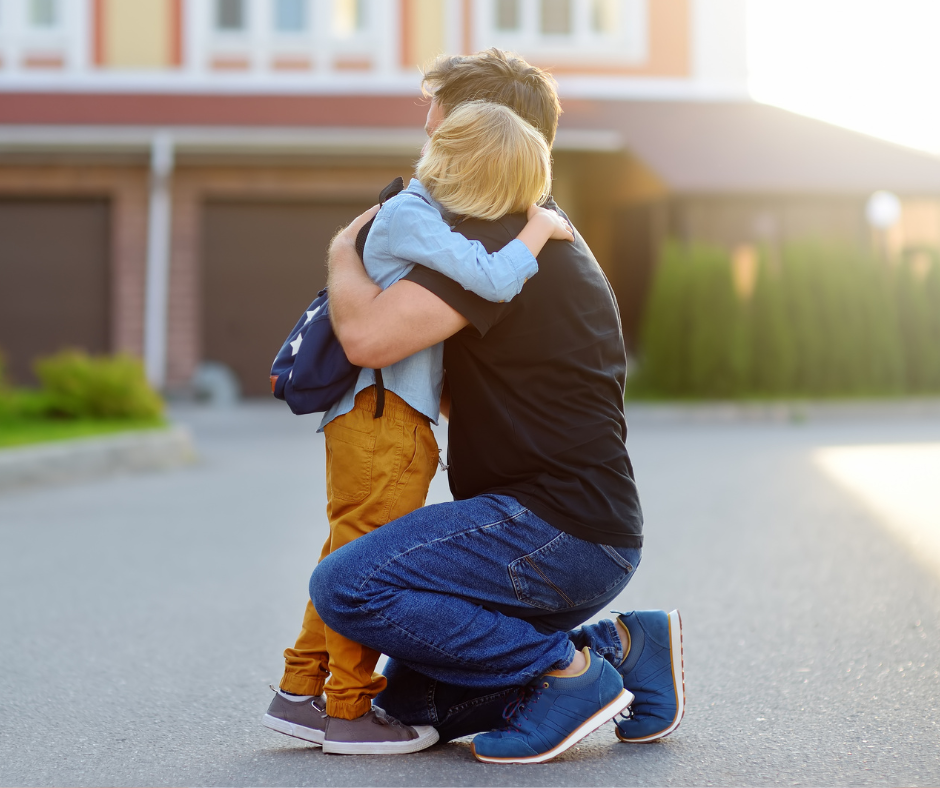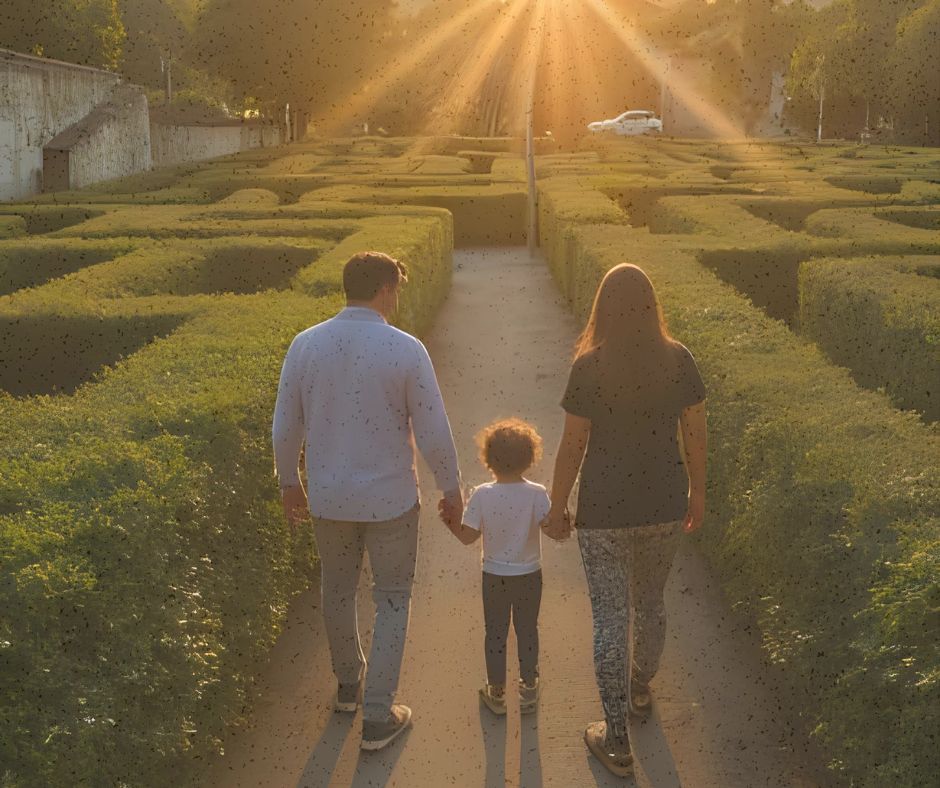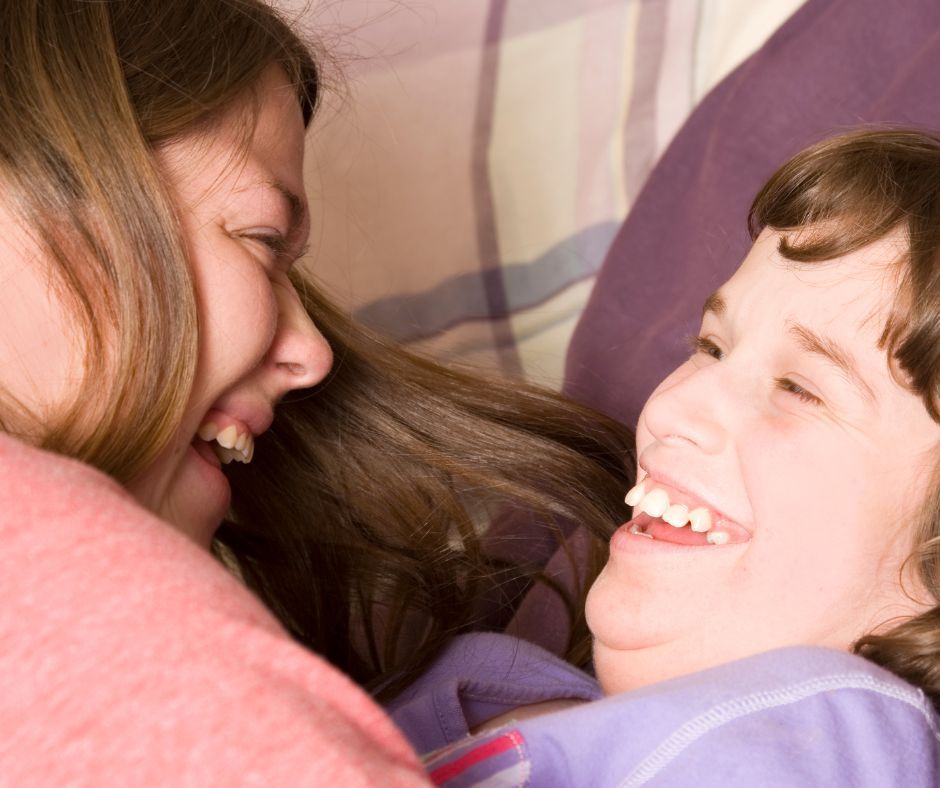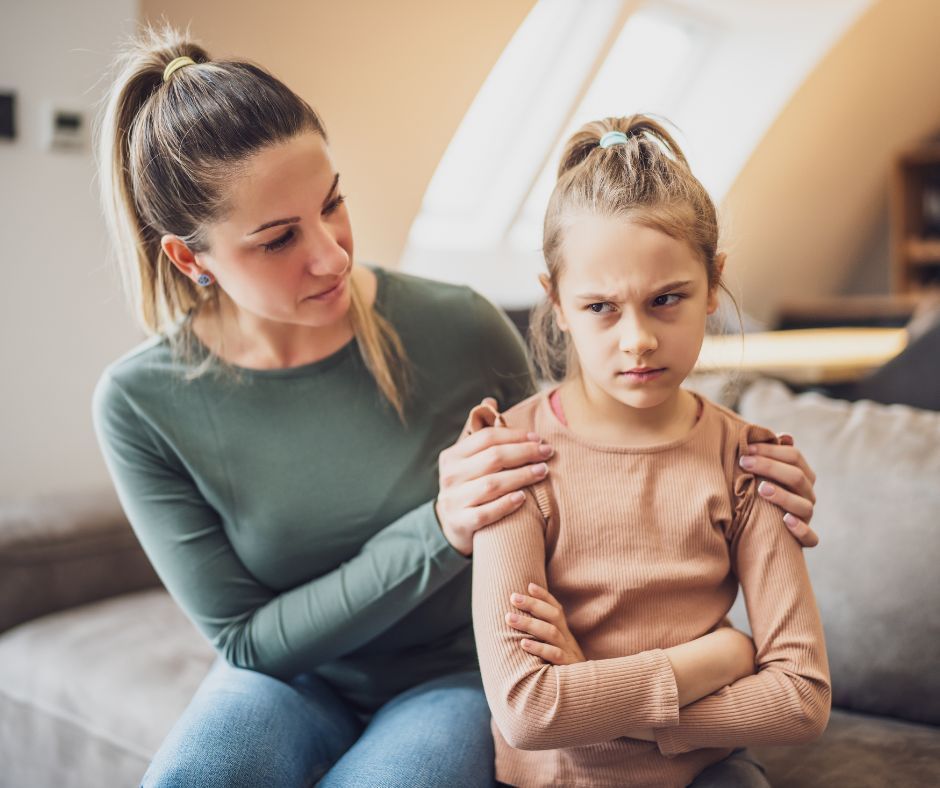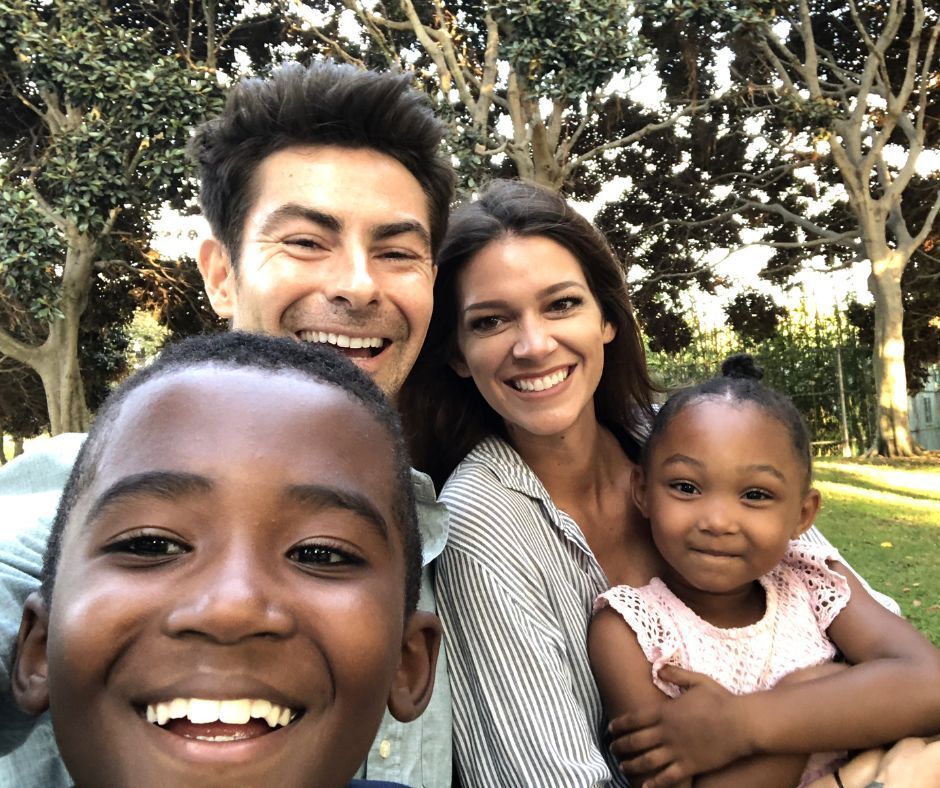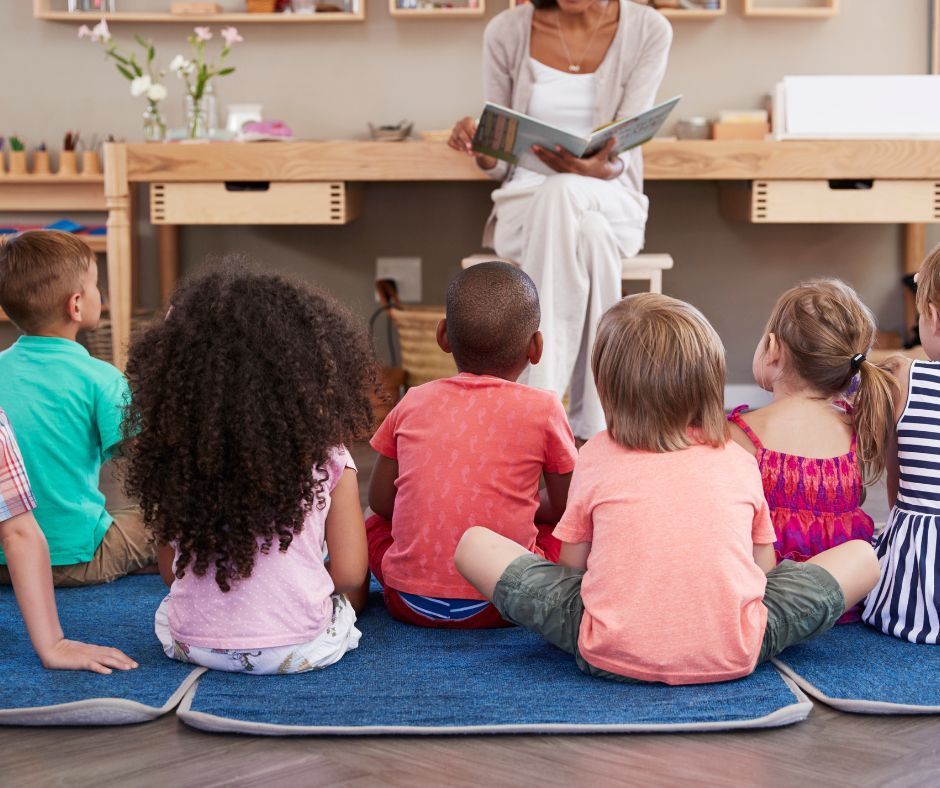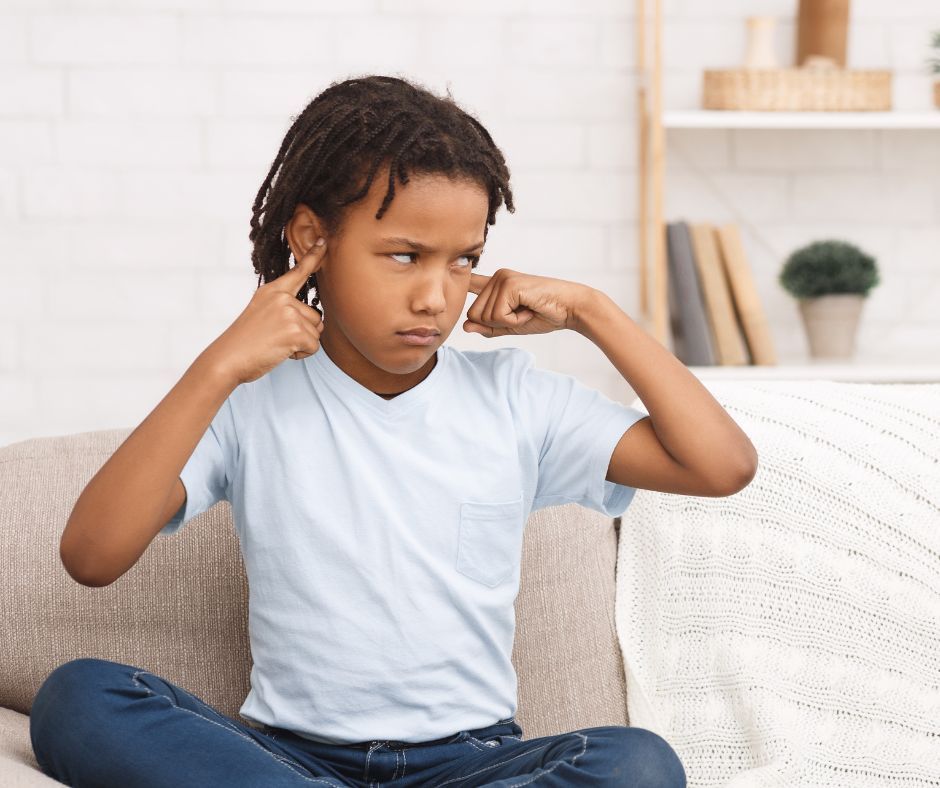So, What Does Work?
Here’s the good news: mindset work isn’t useless. It just has to start somewhere else. With safety. With compassion. With truth.
1. Start with the Nervous System
When your child is overwhelmed or spiraling, mindset tools won’t land.
Start with safety:
“You’re not in trouble.”
“You’re safe now.”
“I’m here. I won’t leave.”
Help them connect with their body. Look around the room. Name five things they can see or feel. Let them come back to now.
2. Validate the Inner Critic’s Origin
If your child says something self-critical, pause before correcting them. Instead of “Don’t say that” try:
“That sounds like an old voice from a long time ago.”
“Did someone make you feel that way before?”
“That part of you is trying to protect you, but you don’t have to listen to it now.”
This helps them begin to understand their shame, not just silence it.
3. Acknowledge Survival Strategies
Rather than fighting your child’s resistance, name it with empathy:
“I see how hard you worked to be the good kid back then.”
“You learned to hide your feelings to stay safe. That makes so much sense.”
Let them know: those strategies were smart. They kept them safe. But now, they don’t have to use them anymore.
4. Make Space for Authenticity, Not Performance
Mindset work often sounds like “You should think this way.”
But what if we shifted that to:
“What do you actually feel?”
“What do you want?”
“Who do you want to become?”
When we let our children step out of who they had to be, they begin to discover who they really are.

